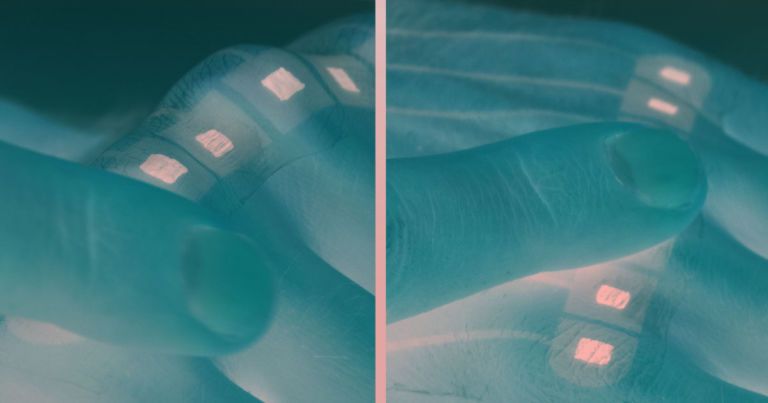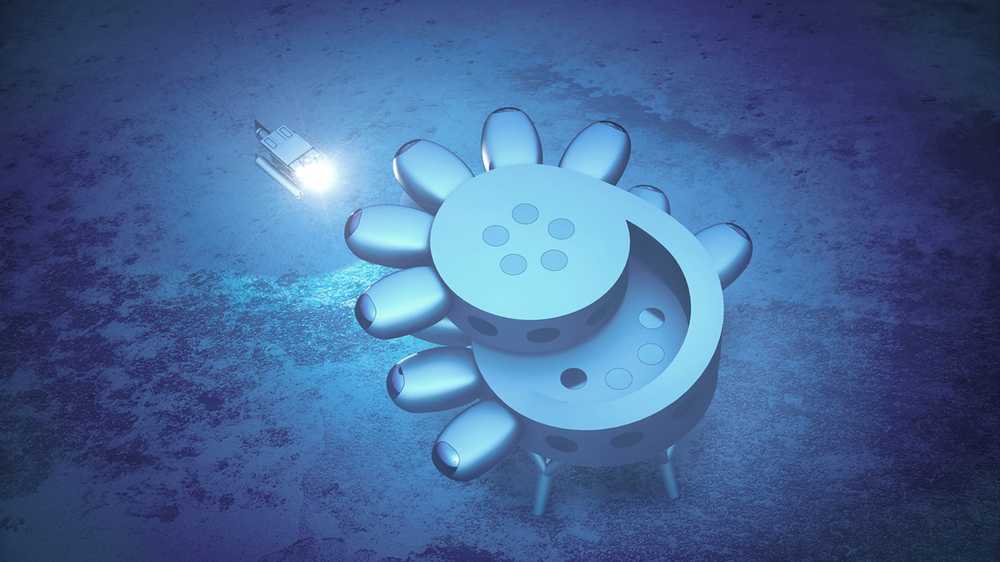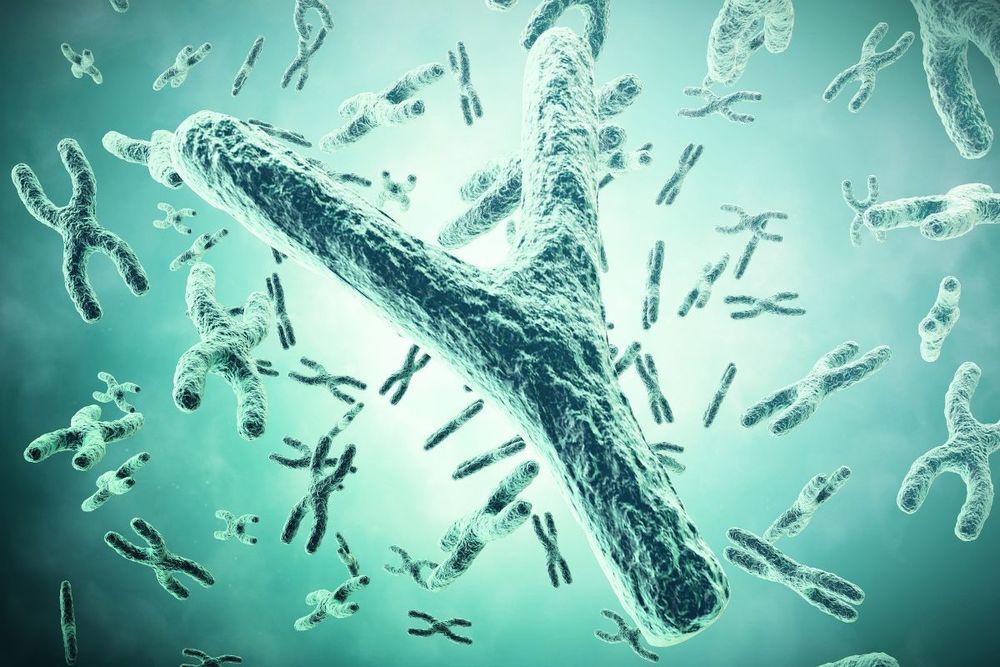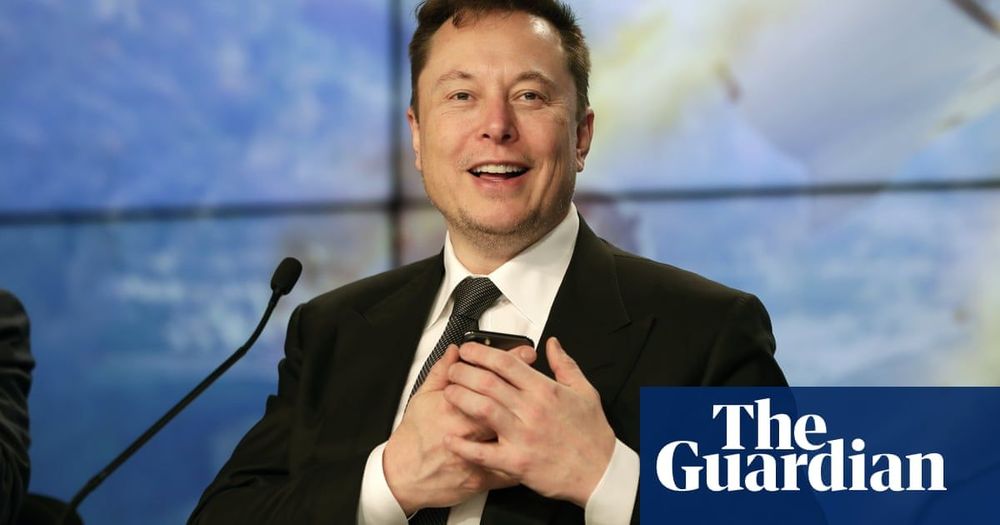Just think of how much more user data Google could extract from us.


The tactic has become widespread on battlefields overseas and now appears to be proliferating to organized crime.

Up to three launches planned this weekend from Cape Canaveral – Spaceflight Now.
Delays have set up the possibility of up to three rocket launches this weekend from different pads along Florida’s Space Coast, including two SpaceX missions on Sunday that could set a company record for the shortest span between two Falcon 9 rocket launches.
But in the world of ever-changing launch schedules, numerous factors such as weather and technical issues could thwart launch plans this weekend.
The first in line is United Launch Alliance’s powerful Delta 4-Heavy rocket, which is scheduled to take off at 2:04 a.m. EDT (0604 GMT) Saturday from pad 37B at Cape Canaveral Air Force Station with a classified payload for the National Reconnaissance Office, which owns the U.S. government’s fleet of clandestine spy satellites.

Sixty feet beneath the surface of the Caribbean Sea, aquanaut Fabien Cousteau and industrial designer Yves Béhar are envisioning the world’s largest underwater research station and habitat.
The pair have unveiled Fabien Cousteau’s Proteus, a 4,000-square-foot modular lab that will sit under the water off the coast of Curaçao, providing a home to scientists and researchers from across the world studying the ocean — from the effects of climate change and new marine life to medicinal breakthroughs.
Designed as a two-story circular structure grounded to the ocean floor on stilts, Proteus’ protruding pods contain laboratories, personal quarters, medical bays and a moon pool where divers can access the ocean floor. Powered by wind and solar energy, and ocean thermal energy conversion, the structure will also feature the first underwater greenhouse for growing food, as well as a video production facility.
These new supersonic jets will cut flight times by half 🙌😲
Boom Supersonic.


This is a working proof of concept of the NeuralLace. It can detect limb motion and smell sensation via neural implants in the brain. So far it’s only been tested in pigs, but an early usecase might be a digital replacement for spinal cord injuries. But the real future goal about is getting to implant an internet enabled AI into your brain.
Elon Musk showed off Neuralink’s new implantable brain chip and demonstrated it working in real time on a pig.
CNET playlists: https://www.youtube.com/user/CNETTV/playlists
Download the new CNET app: https://cnet.app.link/GWuXq8ExzG
Like us on Facebook: https://www.facebook.com/cnet
Follow us on Twitter: https://www.twitter.com/cnet
Follow us on Instagram: http://bit.ly/2icCYYm


The tech entrepreneur Elon Musk on Friday showed off a pig whose brain he says has been implanted with a small computer.
“We have a healthy and happy pig, initially shy but obviously high energy and, you know, kind of loving life, and she’s had the implant for two months,” Musk said of Gertrude, the pig.
The billionaire entrepreneur, whose other companies include Tesla and SpaceX, presented during a live-stream event to recruit employees for his neuroscience startup Neuralink. He described Gertrude’s coin-sized implant as “a Fitbit in your skull with tiny wires”.